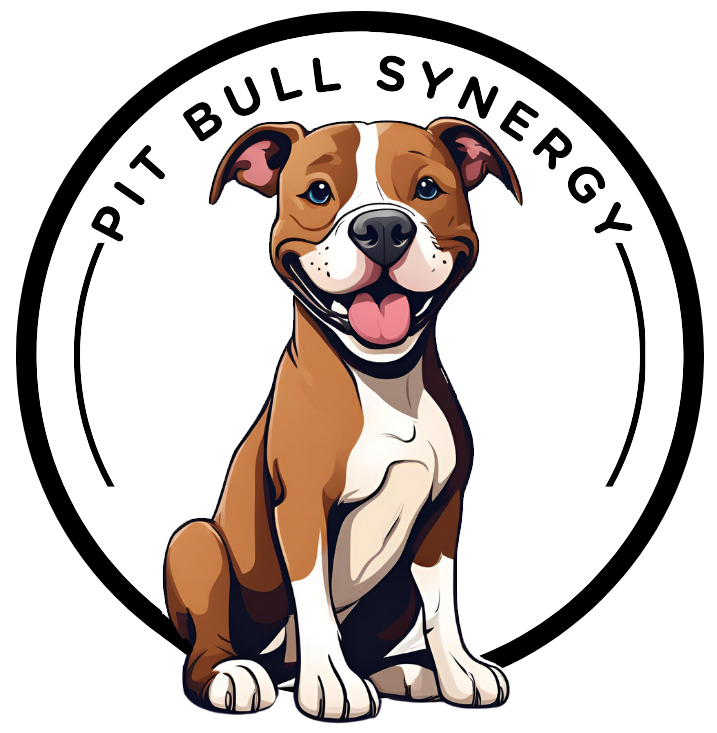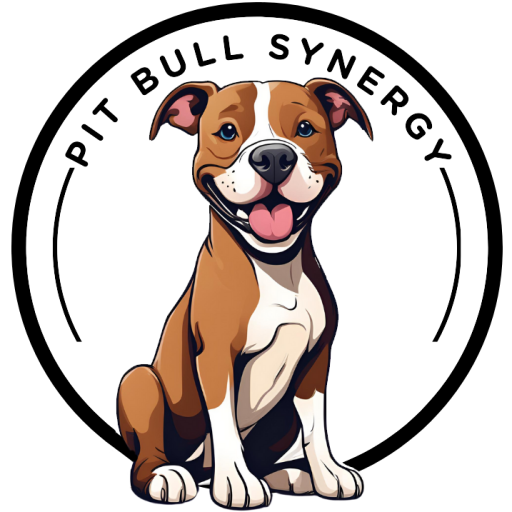menu
Responsible Rescue
Responsible rescue information relates primarily for rescues, but it is also intended for adopters to understand why costs may be high and why many rescues are meticulous in their placements. Most rescues want this to be the dogs' forever home, the best home possible. So they will never be homeless again.

A responsible rescue meets the physical and emotional needs of the animals in their care by providing ongoing enrichment and training.
Tax Exempt Status
Rescue organizations should be an IRS tax exempt registered 501c3 non-profit. If your donations are not tax-deductible, where are they going? Organizations can be a non-profit without tax exemption; however, they have to pay taxes on any money raised. It is best for a non-profit rescue organization to garner tax exempt status, using all funds for the rescue dogs. A tax exempt registered non-profit can provide transparent financial accountability for your gifts and details on how they spend donation dollars.
Rescue Overview
A rescue organization will only be as good as the volunteers that become involved with it. A rescue dealing with Pit bulls should have an understanding of the health, temperament and typical behaviors of the breed.
Many rescues acquire dogs from shelters and human organizations freeing up space in them. There are those that will also accept dogs directly from owner surrenders, but usually that is under special circumstances. Most rescues would like for owners to be more proactive in keeping their dogs. An animal should have undergone a temperament test to determine whether it has any aggression issues prior to acceptance. Once a dog has been approved and accepted into a rescue, it should receive a health examination, vaccinations updated, including rabies, and, if not already done, spayed or neutered. Along with flea and tick preventative, the dog needs to start taking a monthly heartworm preventative (assuming the dog is heartworm negative). At this time, they should address and treat any additional health problems.
Behavior Assessment
Temperament tests provide accurate and honest temperament information on the dogs. Before coming into a rescue all dogs should be formally temperament tested. The organization's staff should permit Adopters to discuss the results of the tests and all rescues should be accessible to questions about how they conduct their temperament assessments.. A rescue organization should have in place a set of guidelines for temperament tests. A temperament test is important to give an idea of how the dog reacts in certain situations, the temperament test is not the end all-be all. It simply means the dog has passed the criteria within the guidelines.
Rescues should not knowingly adopt out aggressive dogs, simply to save a life, this is considered gross negligence. Lawsuits abound and can hurt the reputation of a rescue along with financial damage to the rescue if a lawsuit ensues because a rescue rehomed a dog with a known aggression issue and something were to happen.
Foster Care Programs
Where are the animals housed? Are they in clean kennels? In a foster home? Or in crates stacked up in a hot, shade less yard? Many rescue organizations use a foster care program to house the dogs they accept. These homes are private homes owned by the foster family. Most rescues don't have a shelter or kennel environment. With this type of set up, it's much easier to have an approved adoption application prior to potential adopters meeting the dogs. Since the dogs are living in private homes, this allows a limit to who and when people can meet the dogs.
The dog will live in a foster family's home until placed for adoption. The foster family should work with and train the dog to learn at least the basics of obedience training, house training and socialization. Rescue and shelter surrendered dogs most times end up there because of lack of training. Rescues should be willing to help the adopters and the dog with any issues they have. Having a qualified dog trainer involved with the rescue can be a huge help. This is where experience comes in best. There is no book, or website that can cover the amount of experience a responsible rescue has in the hands of its experienced volunteers. Potential adopters do need to realize that mistakes can and will happen. Even with the best trained dog, a period of adjustment time, and decompression for all newly adopted dogs is very necessary.
Five Freedoms for Rescue Dogs
- Hunger and thirst.
- Discomfort.
- Pain, injury, and disease.
- Fear and distress; and the.
- To express normal behaviors.
Adoption Application
Applications should be adopter-friendly but also be thorough enough so that the rescue can get a clear picture of the potential adopters, what they are looking for and others in their household. Adoption applications typically start the communication process between an adopter and a rescue. A rescue should be willing to look for ways to help the adopter find a good match if the dog they have chosen turns out to not fit their home or lifestyle. With Pit Bull type dogs is always a good rule to adopt to households as an only dog, or where the adopter has an opposite sex dog, as they tend to get along better in the long run. Denied applicants should know why. Rescues should be up front and honest with their applicants.
Strict Adopter Background and Lifestyle
A series of checks should be performed by the rescue before an animal is adopted. These include current veterinarian checks as well as personal reference checks. Once these are completed, a home visit should be scheduled to determine where the dog will reside and whether the dog will get along with other family members (both human and animal).
Some adopters may consider this invasive; however, a rescue that places an animal in any home without first ensuring the dog's safety and welfare is doing a disservice to both the dog and the adopter. A responsible rescue will require a signed agreement stating that the dog will be returned to the rescue if it is not cared for humanely.
Requirements for Adopters
- Because of the amount of people who relinquish dogs due to landlord changes, or moving and not finding a new place that allows bully breeds or any other numerous rental issues. Adopters should be home owners or condo owners, with no restrictions on breed. That means requesting condo owners to supply the rules about dogs from their condo association. Only under special circumstances should renters be able to adopt.
- When adopting out puppies, it is best that a formal positive humane training class be required for puppies with proof of it being set up prior to adoption.
- Adopters should be at least 21 years old and if they are attending college, it is best for them stabilize their lives before adopting.
Strict adopter background and lifestyle checking
Prior to an animal being adopted, the rescue should complete a series of checks. These checks include current veterinarian check and personal reference checks. Once these are complete, a phone screen to connect directly with the adopter to ask any questions that may not have been on the adoption application. Also, a home visit should be scheduled to see where the dog will be living and if the dog will get along with other members of the family (human and animal). Some adopters may think this is invasive; however, a rescue that places an animal in any home without ensuring the safety and welfare of the dog first and foremost is detrimental to the dog and the adopter. In the case of an adopter not maintaining humane standards, a signed agreement states that the adopter relinquishes the dog to the rescue.
Medical Records and Treatment
Have the animals spayed/neutered and current on vaccines before they go home. With only rare exceptions for serious medical reasons Included in the adoption fee.. The dogs medical records should go home with the dog. This information should be readily available to the adopter for their current veterinarian to add to their records. If the animal for any reason does not work out, the rescue should bring it back into their program. Exhausting all means of keeping the dog in the home should prior to uprooting the dog yet again.
Requirements for Rescue
Ethical and Responsible Rescues Will
- Maintain the health of their animals through vaccinations, routine preventative and veterinarian visits.
- Not take in more dogs than they can care for.
- Train the dog to acceptable standards.
- Ensure that the dog will go to a home that the dog will flourish in.
- Maintain communication with the adopters to assist in any training or behavioral issues that come to light.
- Place the dog’s health and welfare above all other things considered.
- Will always take a dog back. Whether it is a problem with the dog or the adopter, communication should be an open-door, and the rescue should honor their original commitment to the dog, even if the adopter will not, no matter what the reason.

